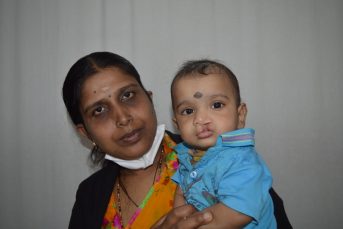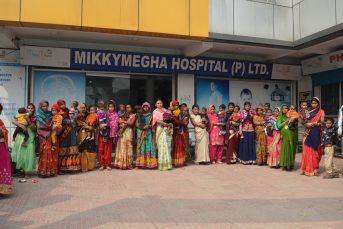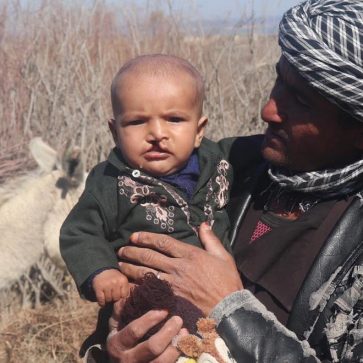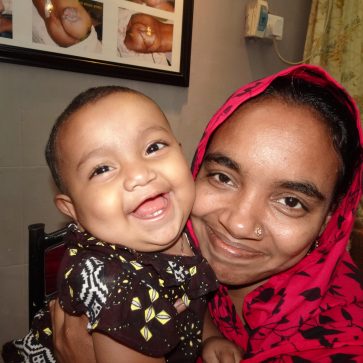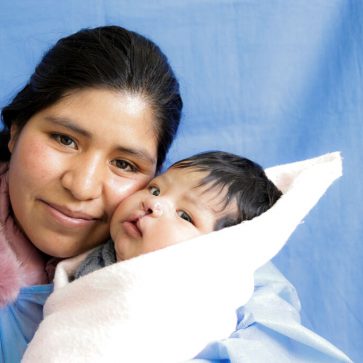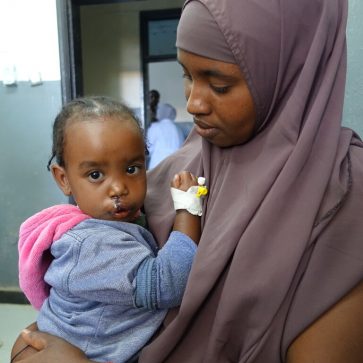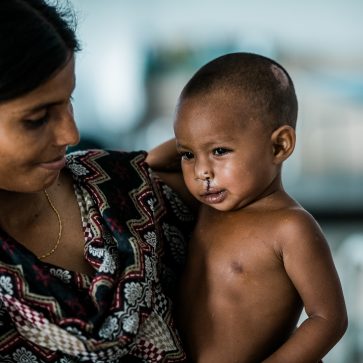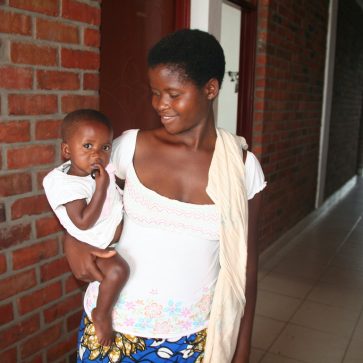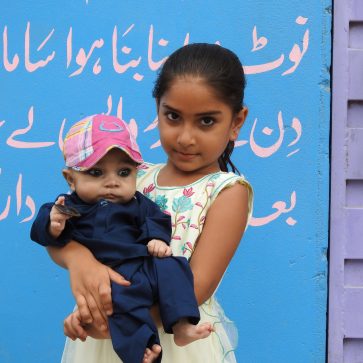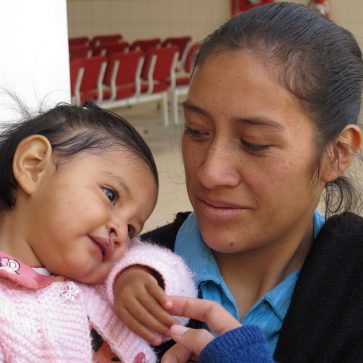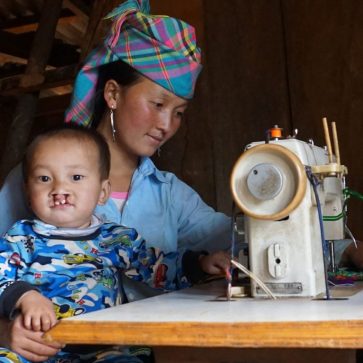A small hamlet in India, Kerala state, 2009: The girl Soorya is born with a cleft lip and palate.
Help for cleft children in India
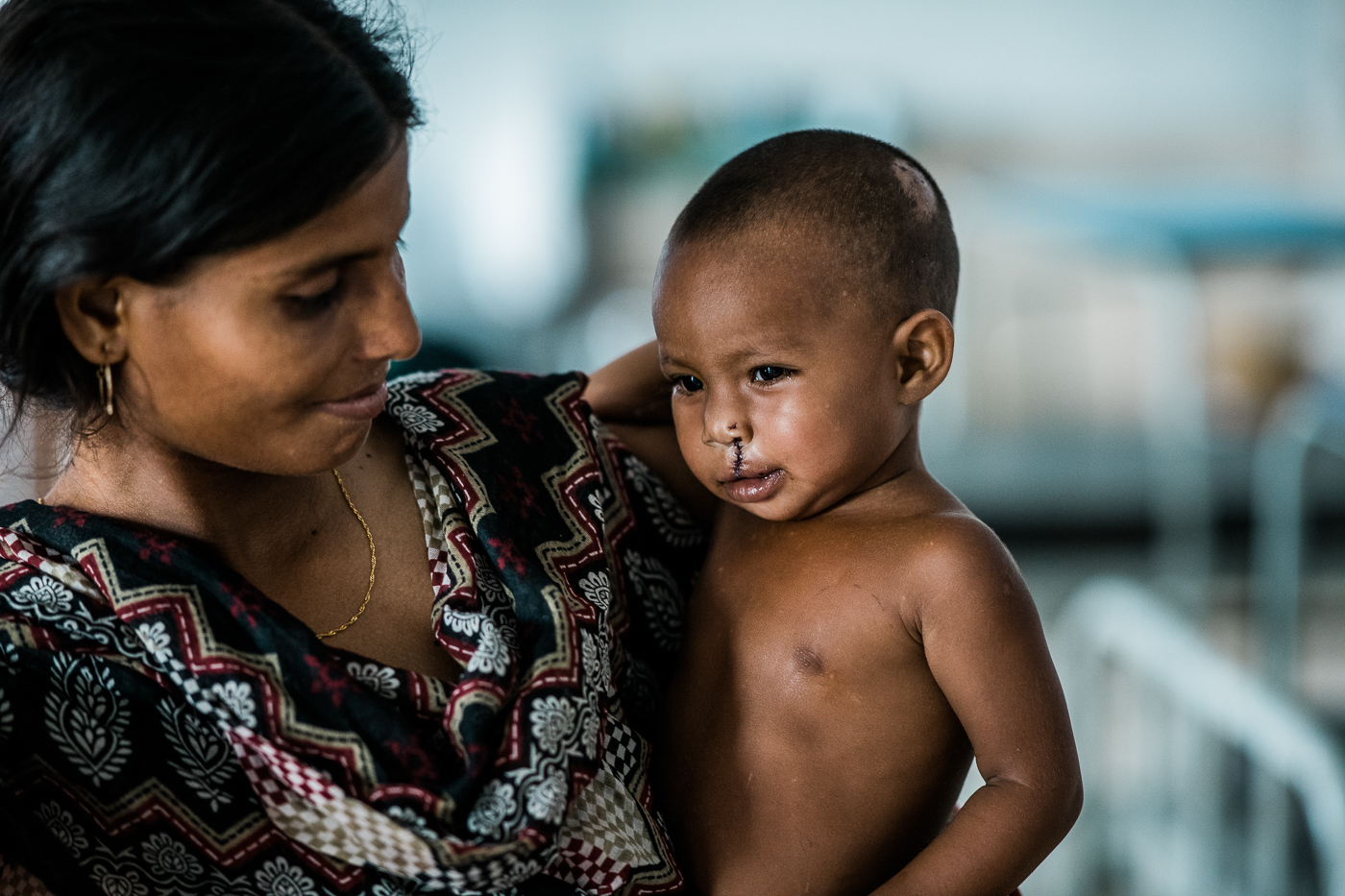 Amina is from West Bengal and received surgery at our cleft center in Kolkata.
Amina is from West Bengal and received surgery at our cleft center in Kolkata. Our work in India in numbers
India is one of our first projects. We have been working in India since 2003. Today, India is our biggest project country.
The result of our efforts in India from 2003-2023: over 41,000 surgeries provided.
In 2023, our Indian teams provided more than 3,437 surgeries across some 30 locations.
Deutsche Cleft Kinderhilfe in India
Since the start of our work in India in 2003, India has become our largest project country in terms of the number of locations and surgeries.
With an estimated 50,000 to 60,000 children born with cleft lip and palate in India every year and many cases still untreated, the need for help for cleft children is enormous. Despite fast economic growth and rapid development of the major cities, the situation of much of the rural population remains unchanged. Of the approximately 1.4 billion Indians, more than 44 million live in extreme poverty, and nearly 42 million belong to the rural population (World Poverty Clock, 2022). By the World Bank definition, "extreme poverty" is defined as having less than $2.15 per day per person.
As the most vulnerable population group, children suffer the most. Children with cleft lip and palate have it particularly hard. Because of their disfigurement and otherness, they are ostracized. About one in twelve cleft children in India dies before their first birthday. Social neglect, malnutrition and an increased susceptibility to infections are the most common causes.
Key areas of our work in India
Surgery
In 2023 we again, for a third consecutive year since 2021, provided more than 3,000 surgeries at our 30 project sites in India.
Education
In India, superstition still determines people's lives in many places. When a child is born with a cleft lip and palate, the parents assume that it is a punishment for their own misconduct. Fathers leave their families because they cannot bear the shame. Mothers are ostracized for bringing curses on the family. The children themselves are often hidden out of shame and live a life of isolation. The parents are usually unaware that the cleft can be corrected by surgery. Only a long-term and sustainable effort with targeted education work can bring about changes here. In this context, it is particularly important to recruit multipliers, e.g. employees in hospitals and schools, and to address the population directly.
Comprehensive cleft therapy
"Comprehensive cleft care" is the term used in India for comprehensive cleft therapy. This holistic approach requires a high degree of organization from the treating team. Accordingly, it is offered exclusively in selected cleft centers. In Bengaluru, Hyderabad and Kolkata, our patients have access to all relevant medical disciplines: NAM as preoperative therapy, speech therapy, ear, nose and throat (ENT) medicine, orthodontics and dentistry. In addition to surgery, individual follow-up therapies are performed in Agra, Nagpur and Pune. Comprehensive cleft therapy in India also includes certain nutritional programs. Children with cleft malformation are often malnourished or undernourished. They are more susceptible to infections, and their development is delayed. It is not uncommon to meet children who cannot walk at the age of one and a half. They are provided with special food before and after the operation.
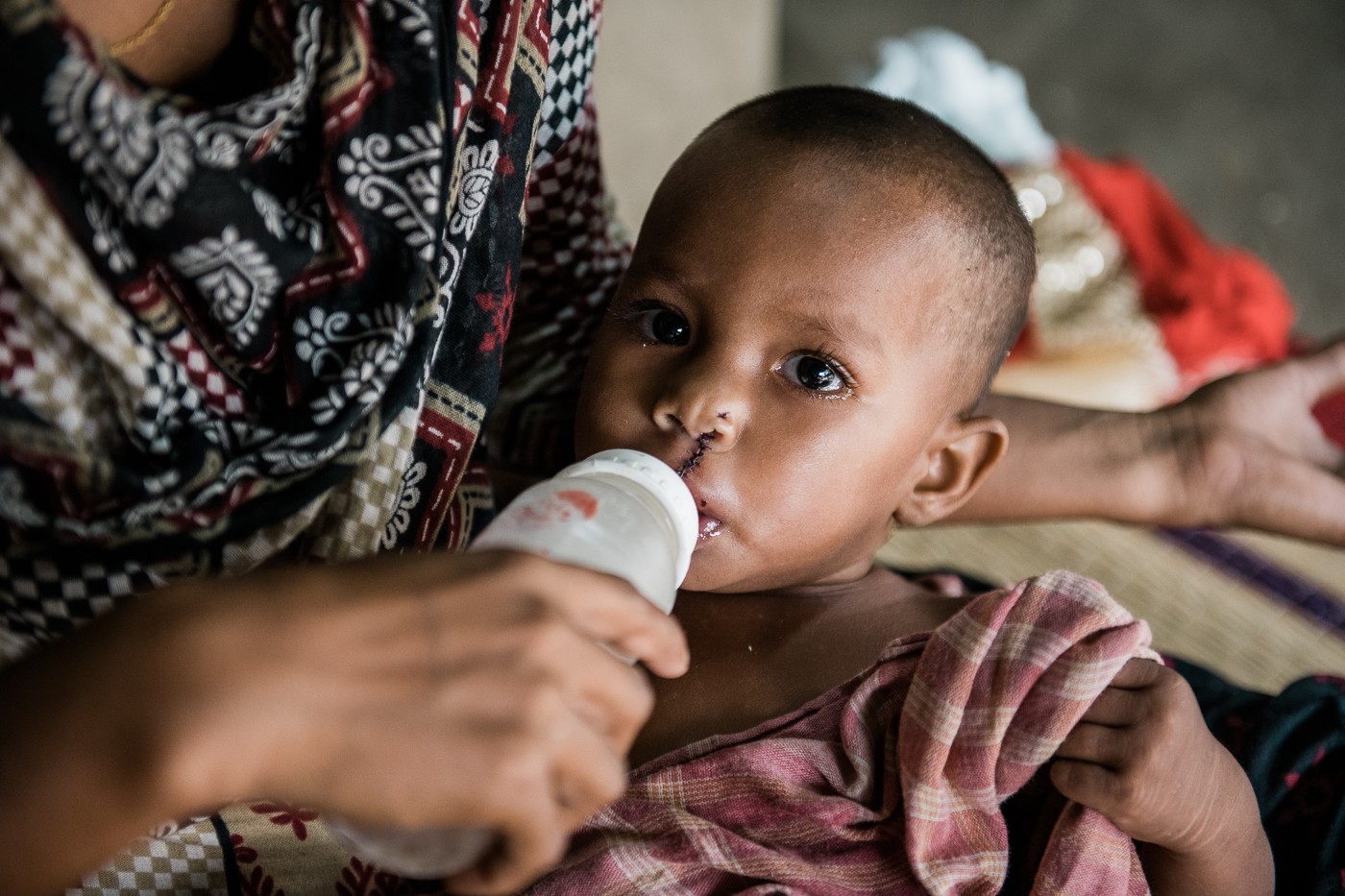 Amina is fed with special food.
Amina is fed with special food.Our partners in India
Since 2015, our work to help children with cleft lip and/or palate in India is organized by our partner organization ABMSS (Akhila Bharatha Mahila Seva Samaja), based in Bengaluru. ABMSS is the main contact for our teams and partner hospitals at currently more than 20 locations.
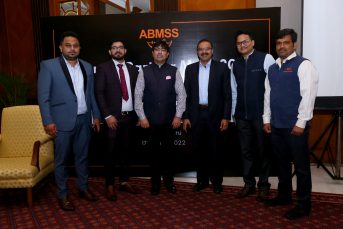 Group photo from the Annual Partner Meeting 2022, ABMSS
Group photo from the Annual Partner Meeting 2022, ABMSS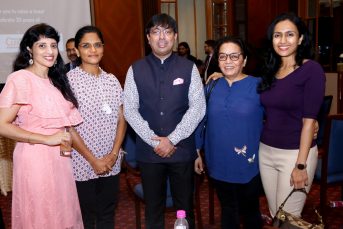 Dr. Dushyant Prasad (Secretary General, ABMSS) with speech therapist Lakshmi and surgeons
Dr. Dushyant Prasad (Secretary General, ABMSS) with speech therapist Lakshmi and surgeons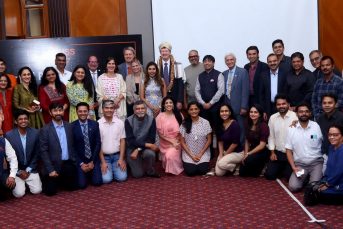 A big network to help cleft children: The entire indian team 2022 in Bengaluru.
A big network to help cleft children: The entire indian team 2022 in Bengaluru.Impressions from our help in India
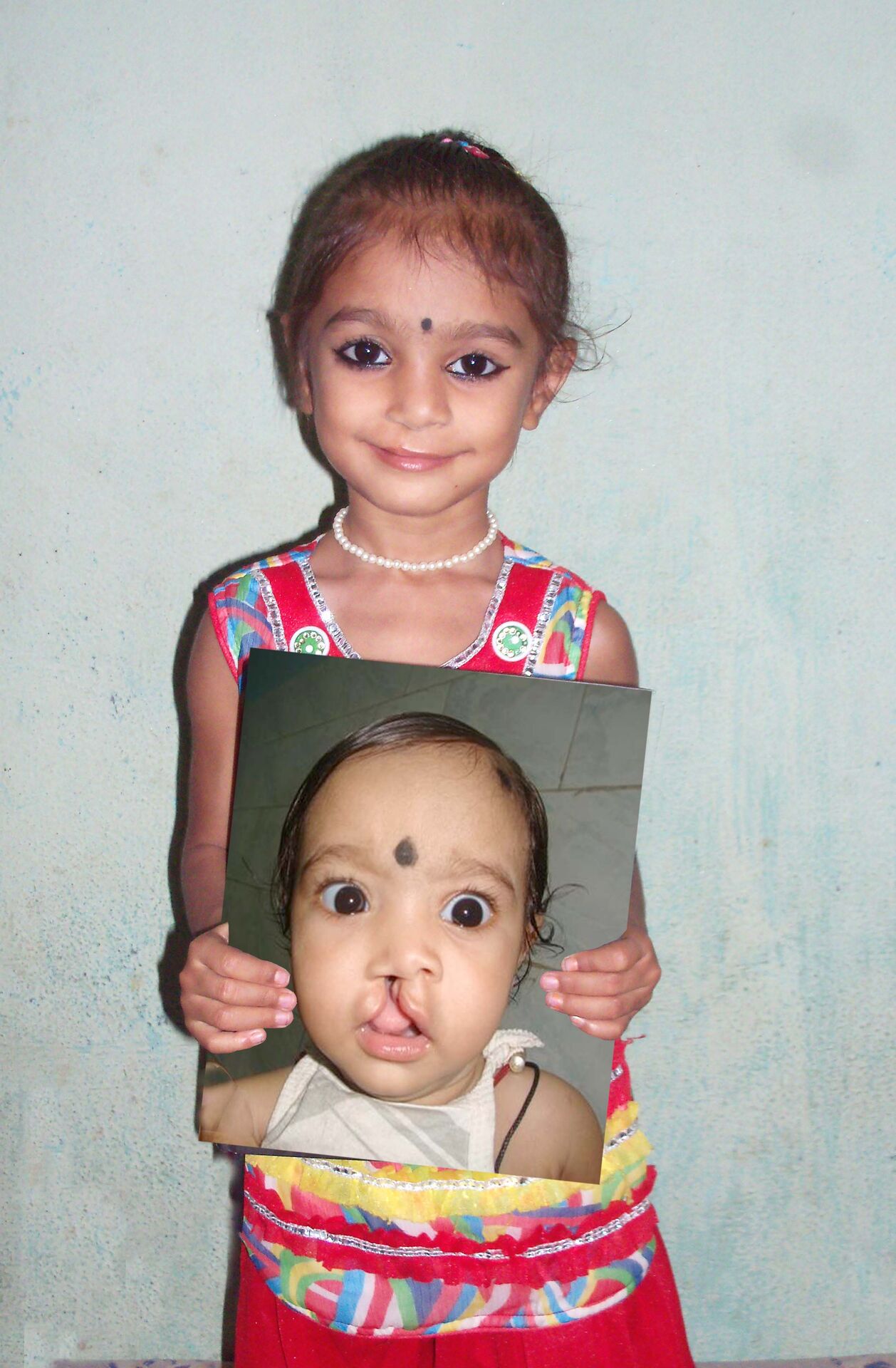
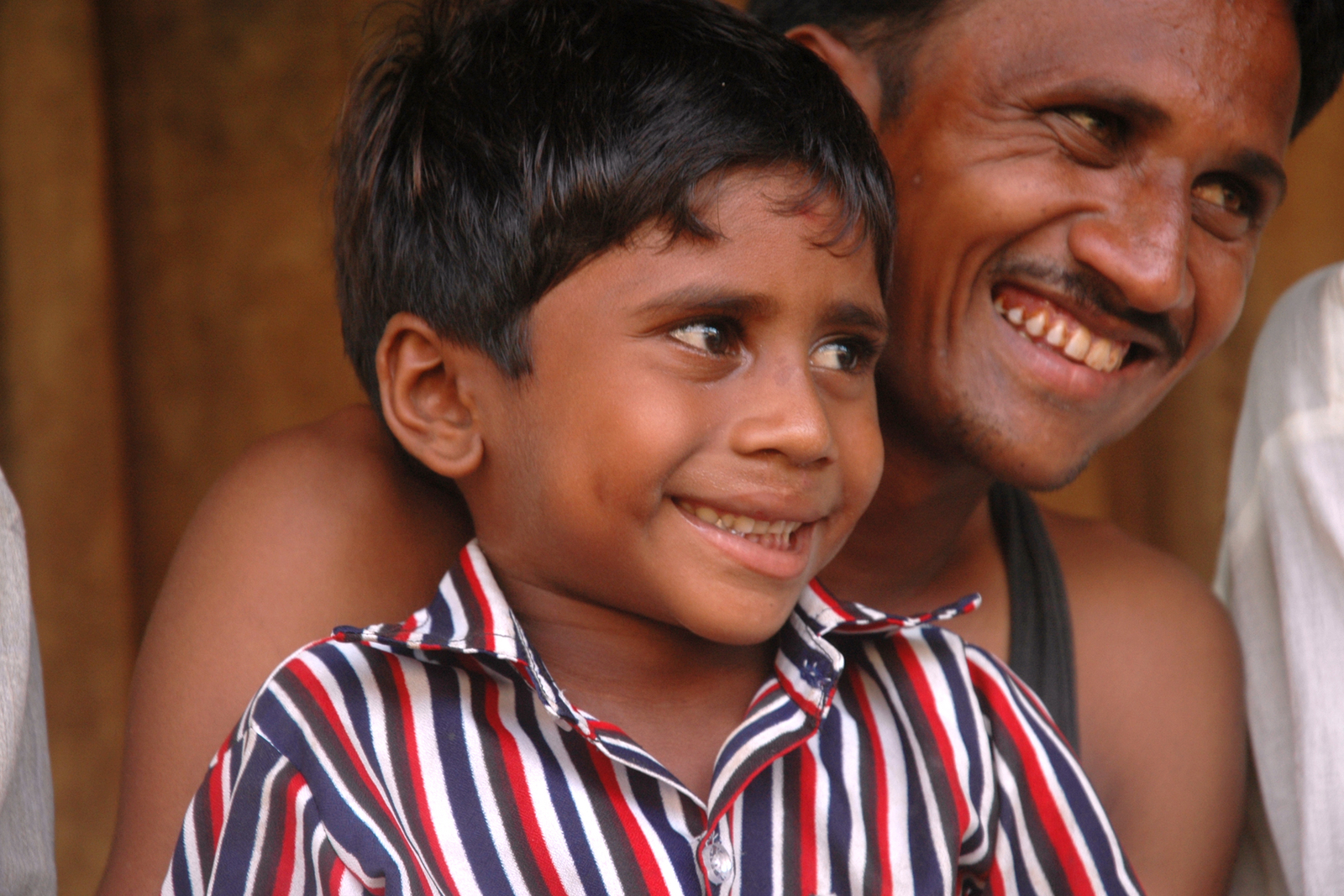
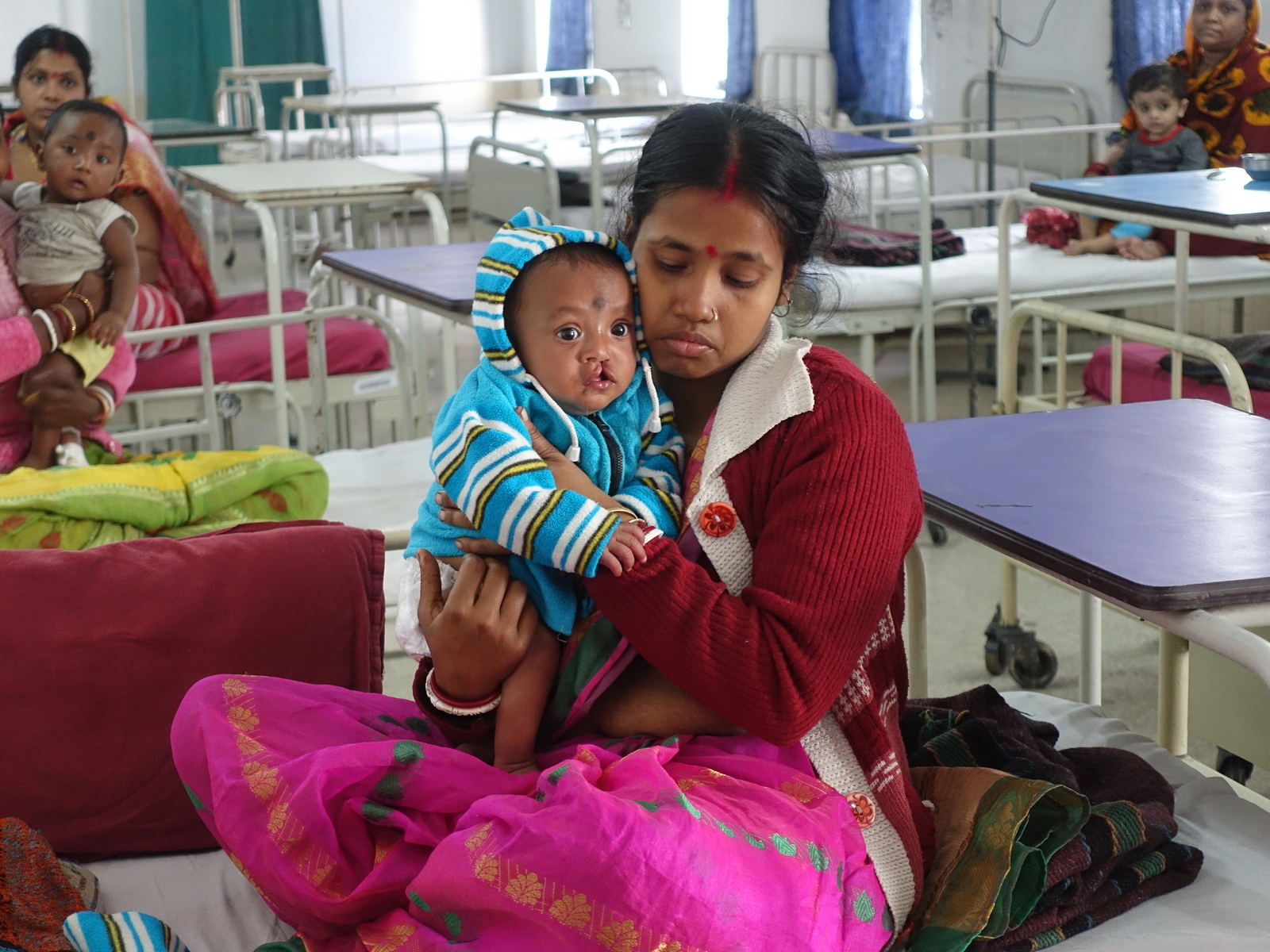
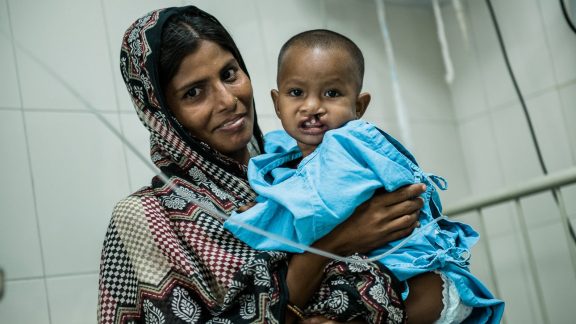
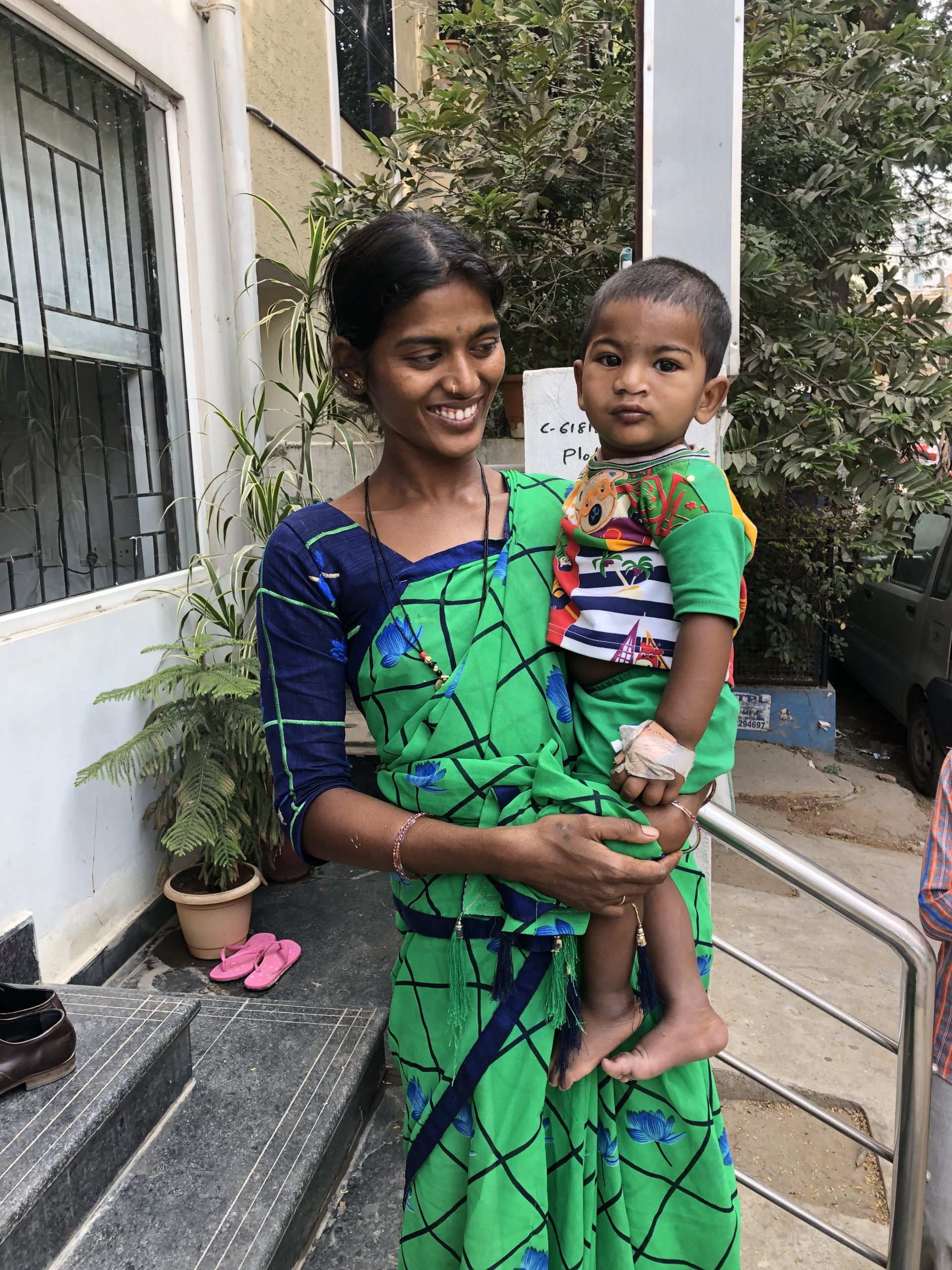
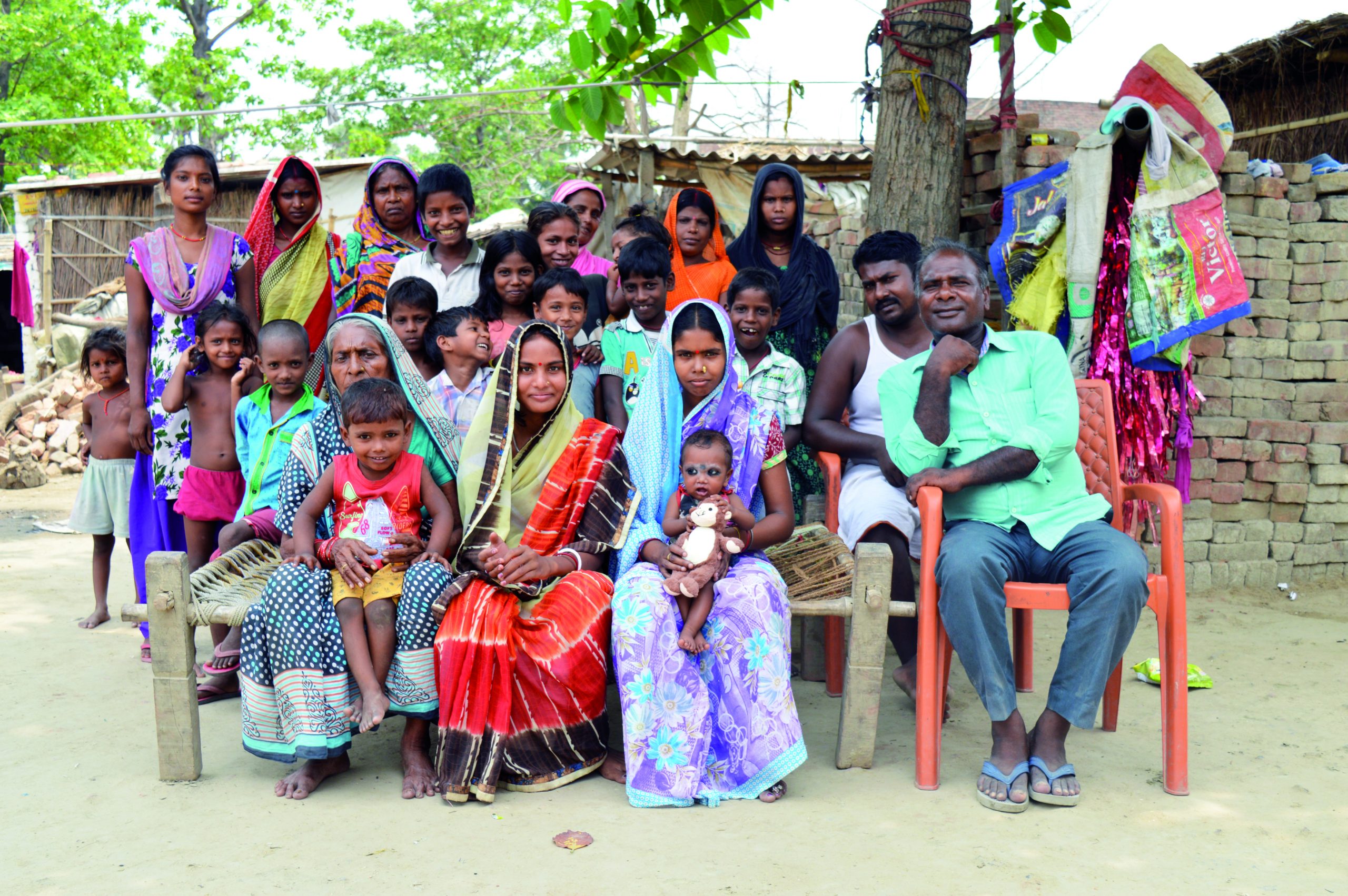
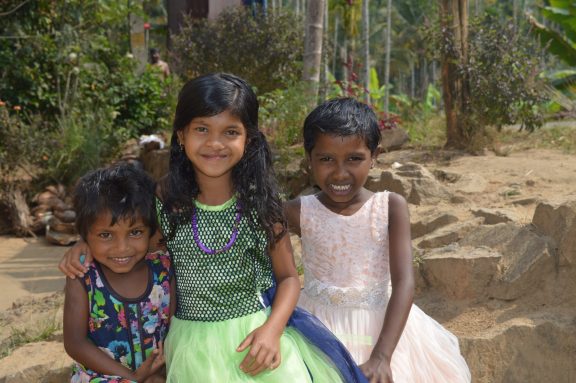
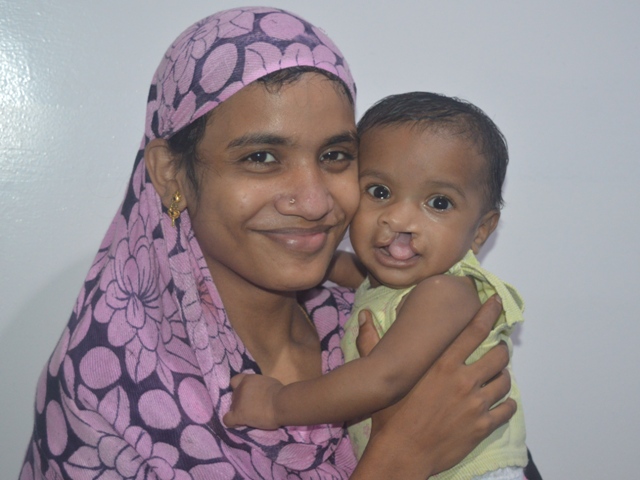
Country portrait India
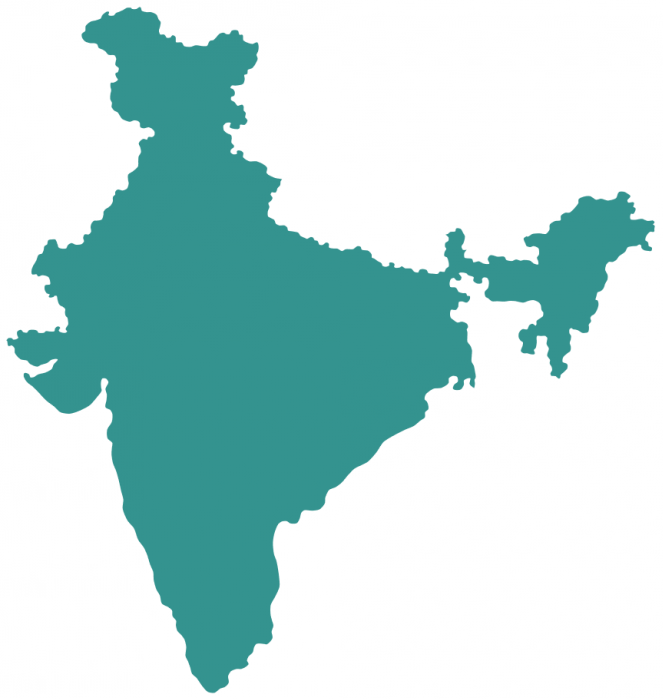
Modern European relations with India began in 1498, when the Portuguese navigator Vasco da Gama explored the sea route from Europe to India around the southern tip of Africa. Around 1600, British colonial rule in India began. In 1858, India officially became part of the British Empire, under Queen Victoria as Empress of India. Pakistan and Bangladesh were then part of the Indian Empire. In 1947, Mahatma Gandhi led India to independence with non-violent resistance. In the process, the Indian subcontinent was divided, and two independent states were created: Muslim Pakistan (then encompassing both today's Pakistan and Bangladesh) and India, which was predominantly inhabited by Hindus.
Despite economic growth, India remains one of the developing countries. 80 million Indians have less than two US dollars a day to live on. Much of the poor population, nearly 95 percent, lives in rural areas (World Poverty Clock, 2022).
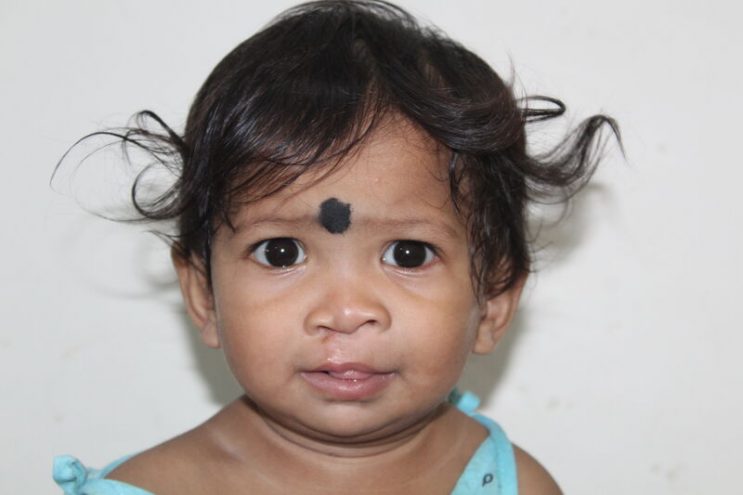
A new life for a child
The surgery is a key turning point in the life of a child with cleft. With your donation, you help change a child's life for the better.
Any amount helps.
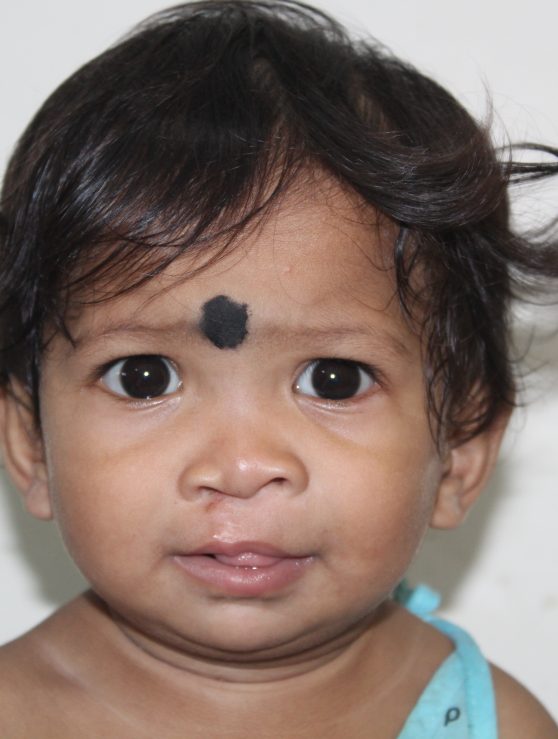
Für ein neues Kinderleben
Die Operation ist ein entscheidender Wendepunkt im Leben eines Kindes mit Spaltbildung. Mit Ihrer Spende tragen Sie dazu bei, das Leben eines Kindes zum Guten zu wenden.
Jeder Betrag hilft.


